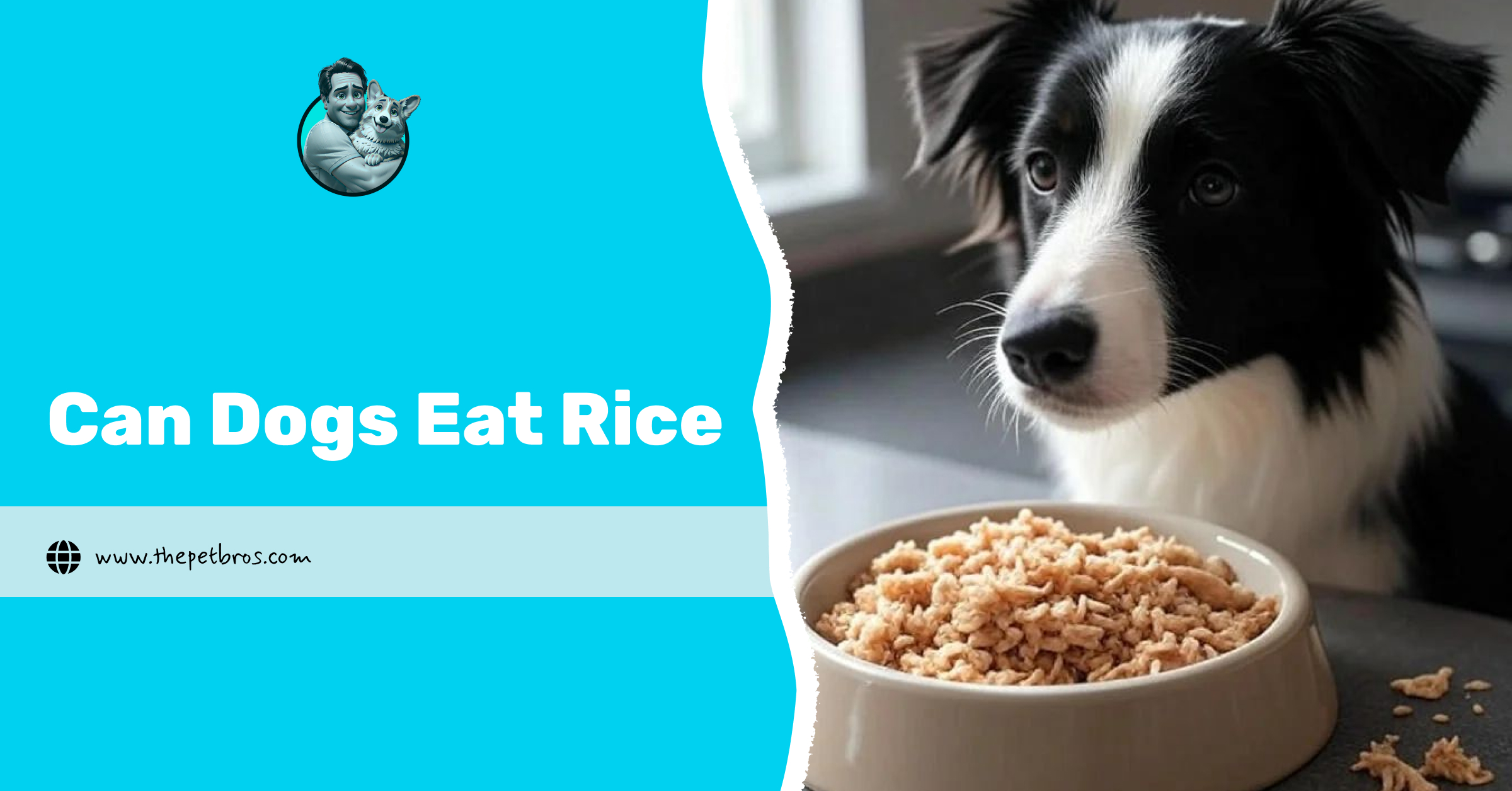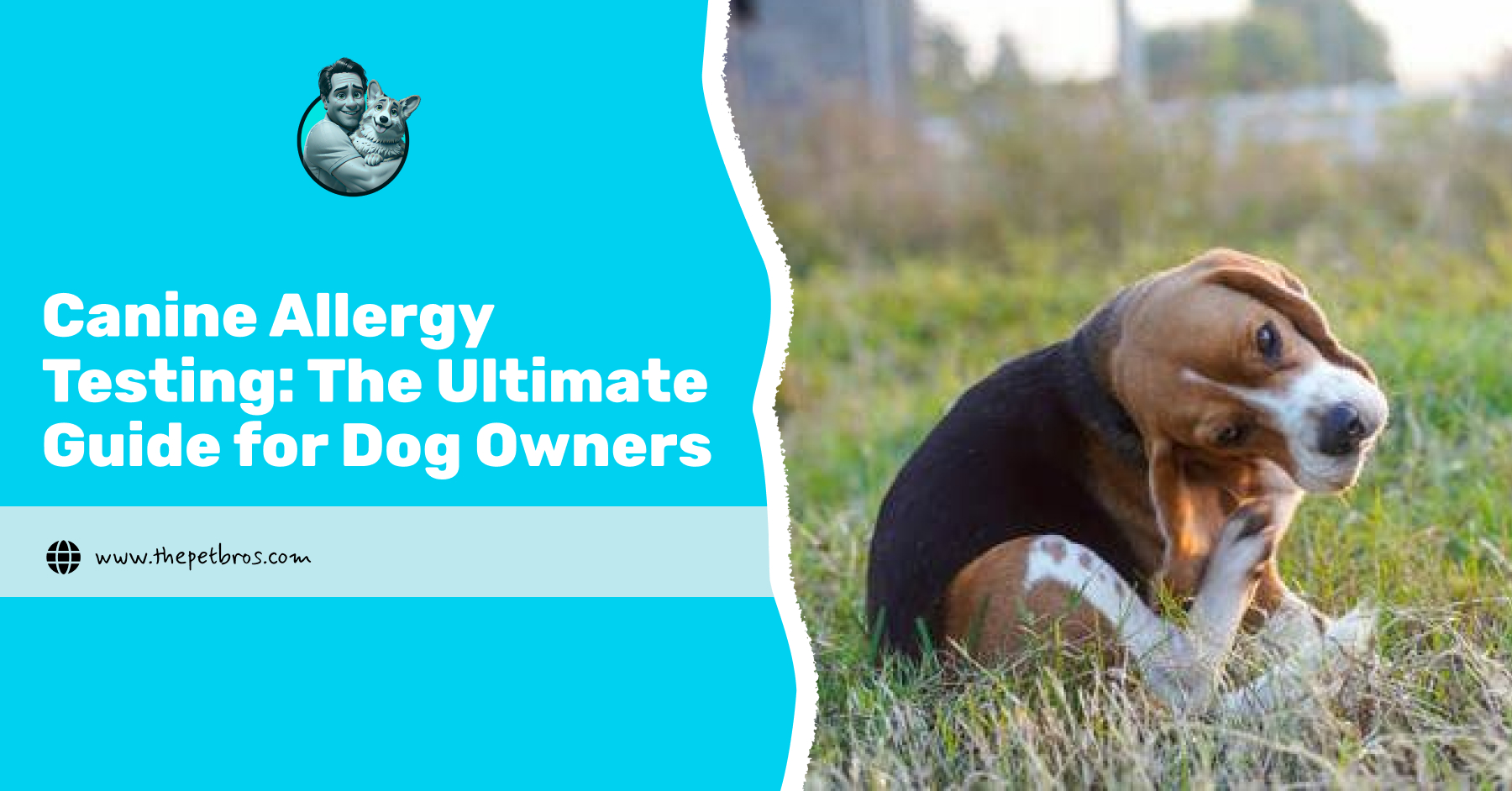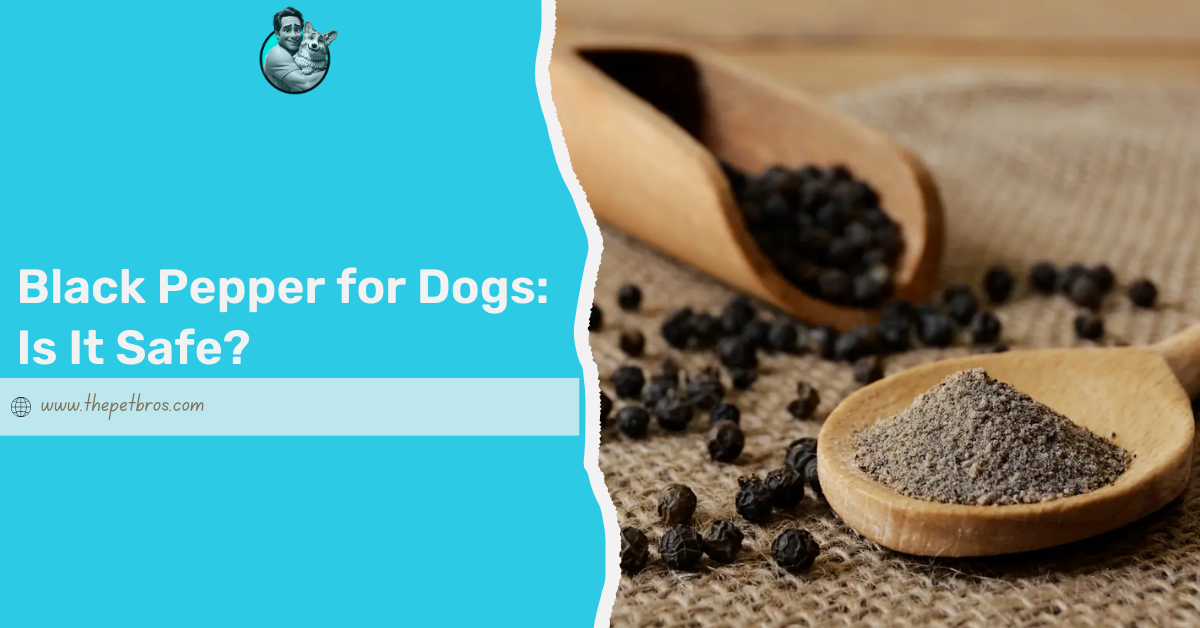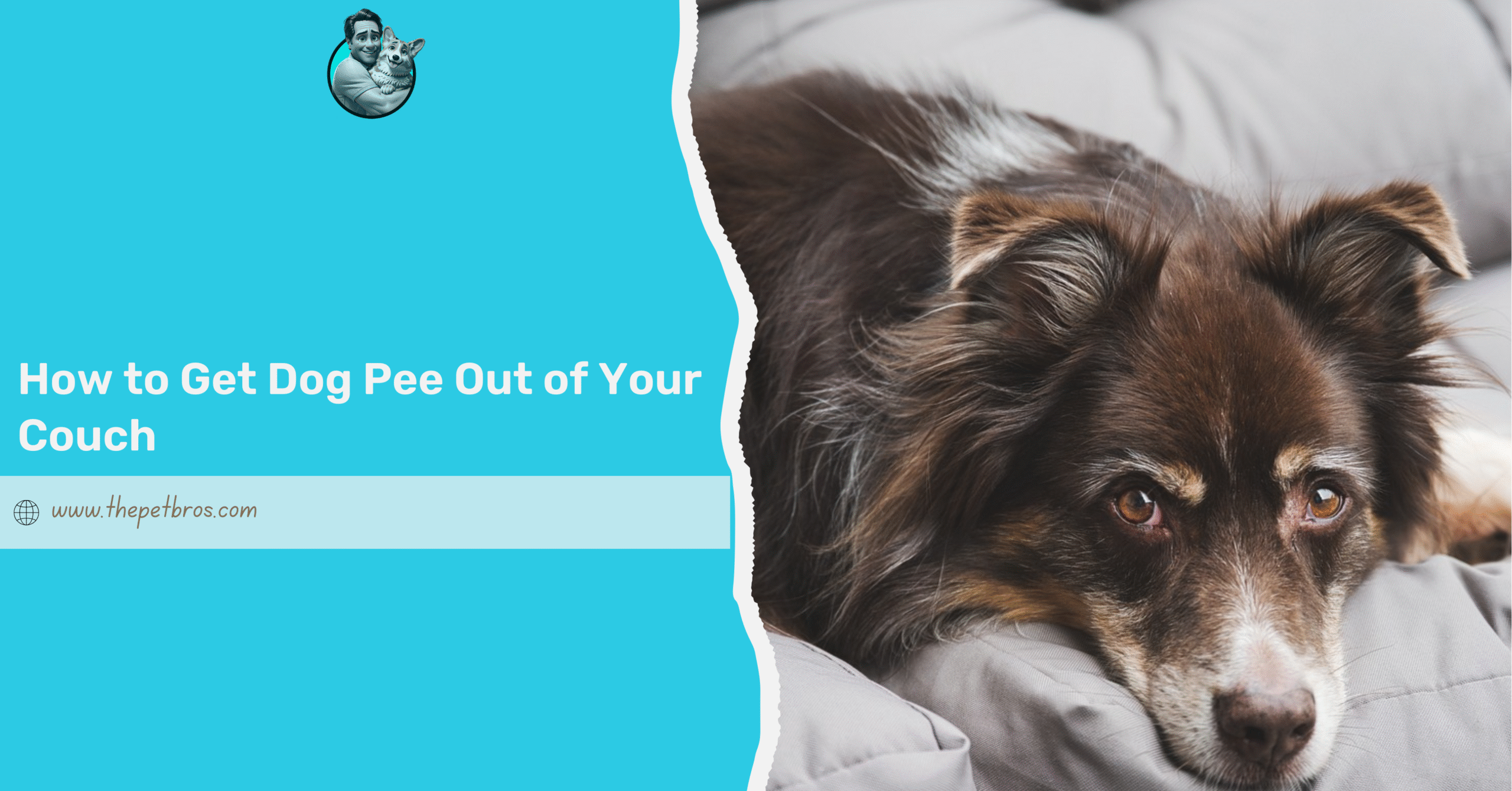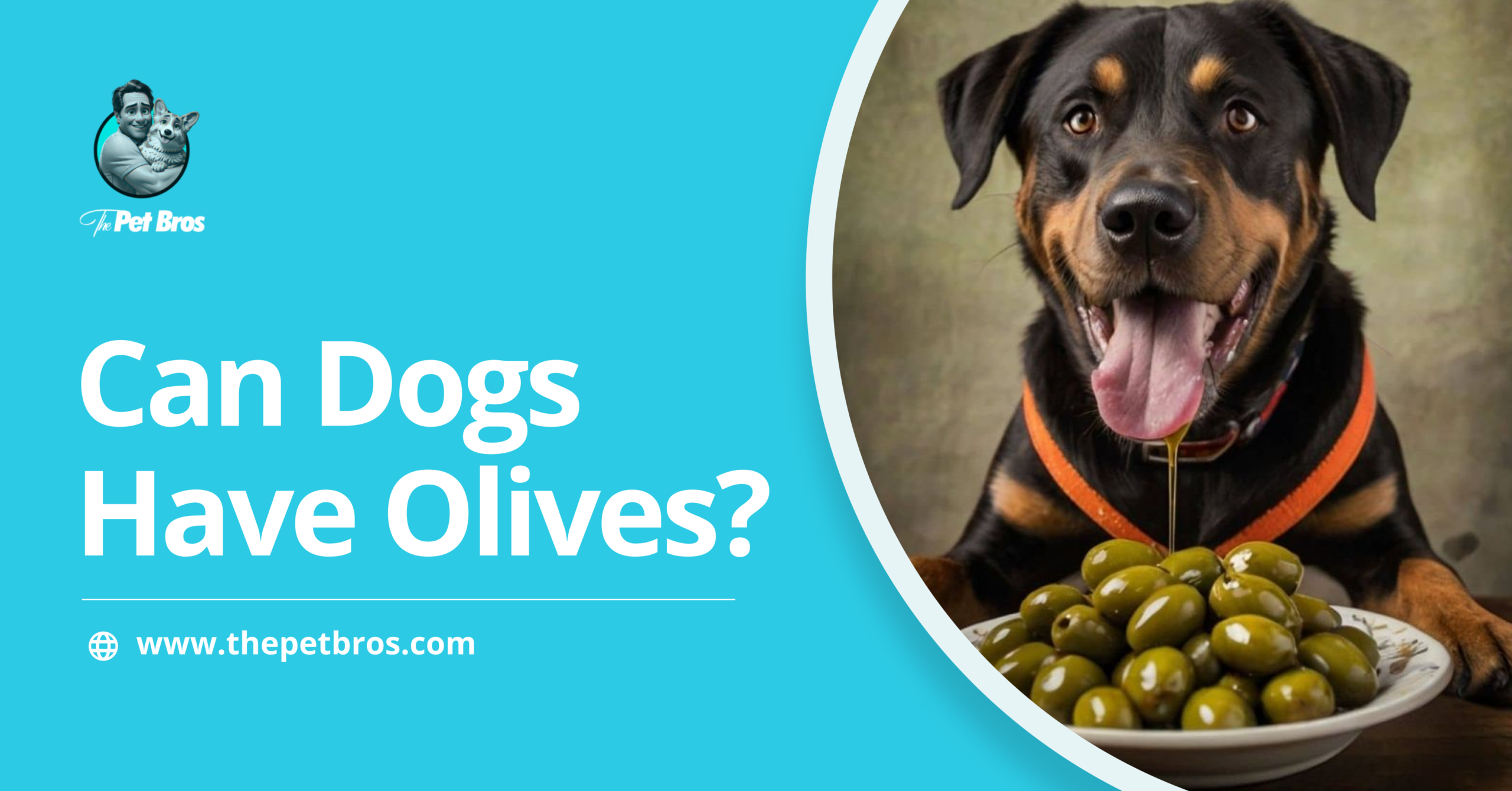If you have ever sat at the dinner table with a bowl of rice and spotted your dog licking your feet, giving you the “I want a taste” look, you probably wondered if it is safe to share. Well, that question is not exaggerated at all, because many people still worry if popular healthy fruits and vegetables can be harmful to their dogs. Why should rice be an exception?
So, can dogs eat rice? Yes, rice is one of the human foods dogs can eat, and in fact, many do quite well with it. Think of it as comfort food for your four-legged friend.
But before you start scooping spoonfuls into their bowl, moderation is key. So yes, that little bit of rice is safe to share, but let’s talk about the best way to feed it, the health perks it brings, and the times when rice might not be the right choice for your furry companion.
Potential Benefits of Rice for Dogs
If your pup has ever had an upset tummy, chances are your vet has suggested a little plain rice alongside some vegetables. And you know what? They are right! Rice is super gentle on a dog’s stomach, which makes it a go-to food for pups dealing with diarrhoea or a sensitive belly. When you’re sitting there wondering, Can dogs safely eat rice when they are not feeling well? The answer is yes, it can help soothe their system.
White rice, in particular, is incredibly easy to digest. It is soft, light, and not likely to upset their stomach further. Brown rice, on the other hand, has more fibre and nutrients, so it can give your dog’s diet a nice little boost. But keep in mind that too much fibre can sometimes be a bit much for sensitive pups, so it is best fed in moderation.
And let’s not forget, rice is a fantastic source of carbohydrates, providing a quick energy boost for your furry friend, without being too heavy or fatty. It is low in sodium and fat, making it a safe filler food to bulk up their meal without overloading them.
How to Prepare Rice for Your Dog
So, we are no longer asking “can dogs eat rice,” because, of course, now we know rice is on the safe list. Therefore, the next big question is which type of rice is best for your dog. Vets often recommend rice when a dog is recovering from an upset stomach or needs a plain, bland diet. The only catch is that white rice has less nutritional value because it has been processed and stripped of some fibre and vitamins.
Brown rice, on the other hand, is more of a nutritional powerhouse. It contains extra fibre, magnesium, and vitamins that help with digestion and keep energy levels steady. The flip side is that brown rice is harder to digest, which might not be ideal if your dog already has tummy troubles.
Other fancy types, like wild rice or jasmine rice, are not harmful, but are not necessary either. Sticking to plain white or brown rice is usually the safest and simplest option. Just keep it cooked, unseasoned, and served in moderation. That way, you are giving your pup all the benefits without any of the risks.
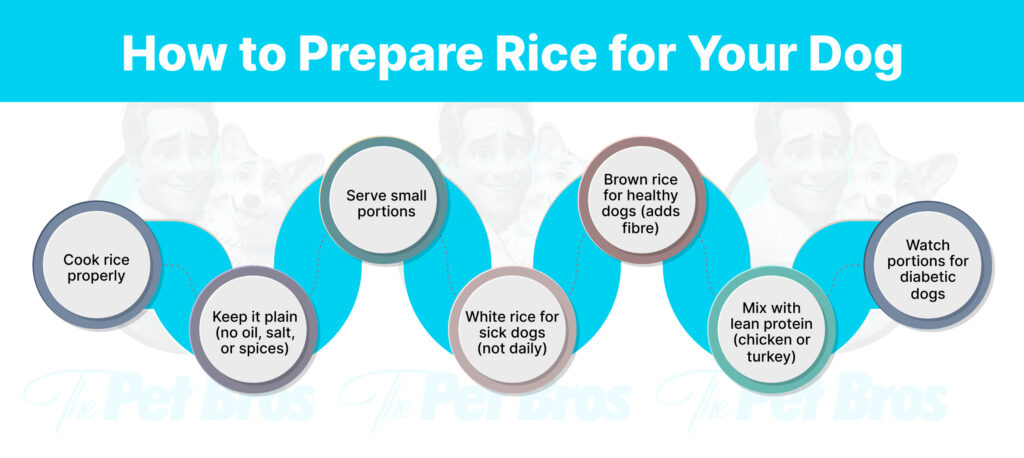
Are Grains Harmful to Dogs?
There has been a lot of chat about grains in dog food, hasn’t there? You might have heard people say dogs should avoid them altogether, but that is not really the full story. When you ask yourself, can dogs eat rice if grains are supposedly bad? The answer is yes, because not all grains are harmful.
The real concern with grains comes from dogs who have specific allergies or sensitivities. Some dogs might react to wheat, corn, or soy. You have to pay attention so as not to have a whining dog with stomach issues in your hands. But rice is far less likely to trigger those issues, which is why it is often included even in limited-ingredient diets.
So rather than thinking all grains are bad, it is better to remember that every dog is different. Rice can be a safe, beneficial choice, and it often proves to be the exception to the grain-free rule.
Conclusion
So, can dogs eat rice? Absolutely, they can! When cooked plainly and served in moderation, rice can be a comforting and safe addition to your dog’s diet. White rice is perfect for soothing poor tummies, while brown rice offers a little more fibre and nutrition. The secret is to keep it simple and balanced, making sure rice is just one part of their overall healthy diet.
FAQs
Can Dogs Eat Brown Rice?
Brown rice is fine for dogs, but its high fibre content makes it harder to digest.
Can Dogs Eat Jasmine Rice?
Dogs can eat jasmine rice in moderation, though it’s less gentle than plain white rice.
Can Dogs Eat White Rice?
White rice is often preferred for dogs, especially those with digestive troubles, as it’s easy to digest.
What foods are toxic to dogs?
Common toxic foods include chocolate, grapes, raisins, onions, garlic, and sweeteners containing xylitol.
What’s better for dogs, rice or pasta?
Rice is usually the healthier option for dogs, being lighter, gluten-free, and easier to digest.
Can dogs eat scrambled eggs?
Scrambled eggs make a nutritious treat for dogs if served plain, without oil, butter, or seasoning.
Can I mix rice with dog food?
Mixing rice with dog food is safe, helping with digestion and providing extra energy when needed.






